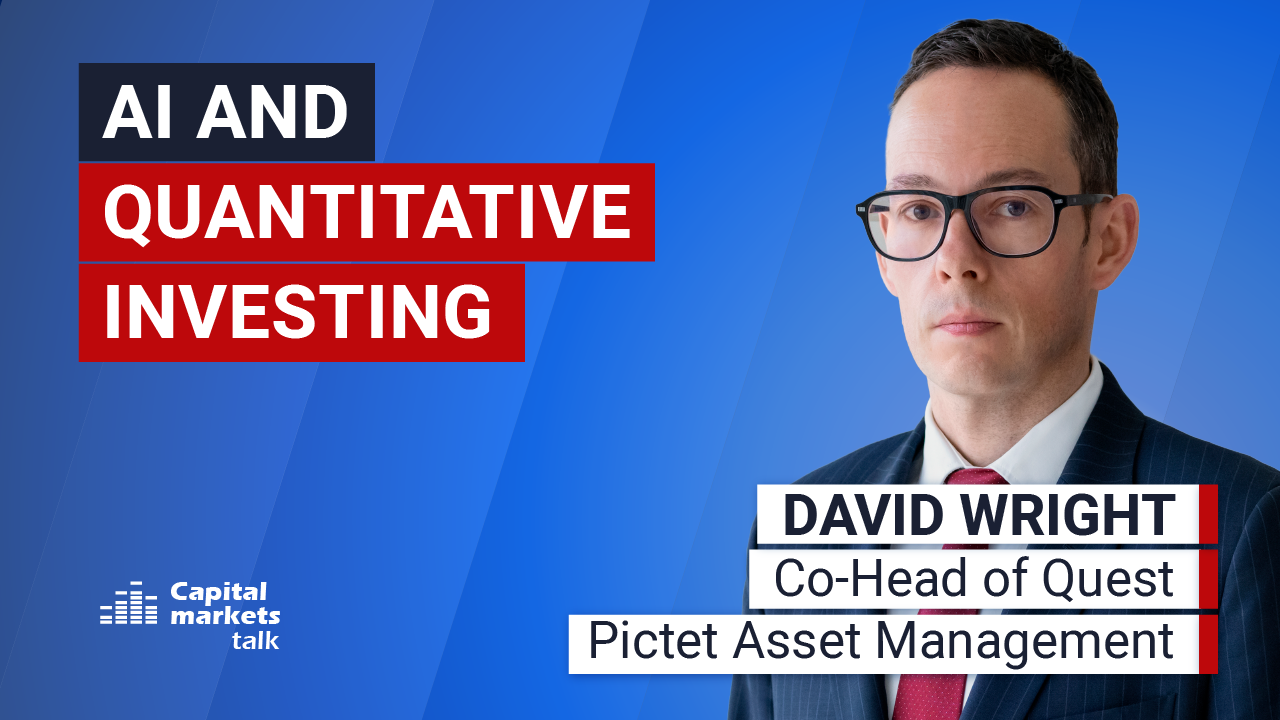Despite the long-anticipated US recession failing to manifest as expected, Capital Group asserts that it has indeed occurred, albeit in an atypical manner. The asset manager suggests that a ‘rolling’ recession has unfolded, wherein distinct sectors of the US economy have encountered downturns at separate intervals.
“I am increasingly seeing signs that we may not get a broad-based recession…Instead, what we are getting are mini-recessions in various industries at various times without much synchronisation,” writes Jared Franz, Economist at Capital Group.
Franz points out that various sectors, spanning travel, manufacturing, oil, housing, and semiconductors, have undergone periods of contraction and recovery during the pandemic and its aftermath.
“If these contractions and recoveries continue, Franz explains, we could wind up in an environment where U.S. gross domestic product does not turn negative at any point in 2023 or 2024, thus averting one of the most widely predicted recessions in history,” informs Capital Group.
Subsequently, the asset manager highlights that the U.S. economy has displayed surprising growth in the second quarter of 2023, fuelled by stable consumer spending and increased business investment. According to it, a strong labour market has contributed to low unemployment, diverging from typical recession trends.
Meanwhile, Pramod Atluri, a Fixed Income Portfolio Manager at Capital Group, casts doubt on the reliability of the inverted yield curve as an indicator of impending recession. Additionally, Atluri believes that inflation might influence future interest rate changes, not due to an imminent recession, but in pursuit of inflation targets.
From the perspective of Chris Buchbinder, an Equity Portfolio Manager at Capital Group, the likelihood of a US recession is now less than 50%. Furthermore, the asset manager posits that the potential emergence of a soft landing scenario, as opposed to a recession, could herald a change in investment possibilities.
All in all, Buchbinder considers investing in companies typically impacted by economic downturns but have displayed resilience during recovery, such as those in the travel, aerospace, and semiconductor sectors.
“This has been Godot’s recession; we’ve all been waiting for it…But because of that fear, many companies started pulling back in anticipation of a downturn. The Fed started raising rates. And now there are fewer imbalances in the economy. So there are fewer things that can go wrong from here,” concludes Buchbinder.
Read the full insight here.
Read more

Global Trade
Trump ignites global trade war / Reactions
The USA itself will be the victim of Trump’s trade policy.

Private Debt
The case for private debt in real asset financing
What makes the combination of private debt and real assets particularly compelling in today’s market?

Schroders
Looking ahead: 30-year return forecasts
Higher returns are expected across asset classes, driven by stronger productivity growth for equities and elevated long-term central bank rate projections for bonds.

Quant Investing
AI and quantitative investing
Artificial intelligence applications go way beyond stock selection.

Bellevue Asset Management
Demographics and AI drive MedTech stocks
MedTech investment case: What makes it attractive, which trends stand out?





















